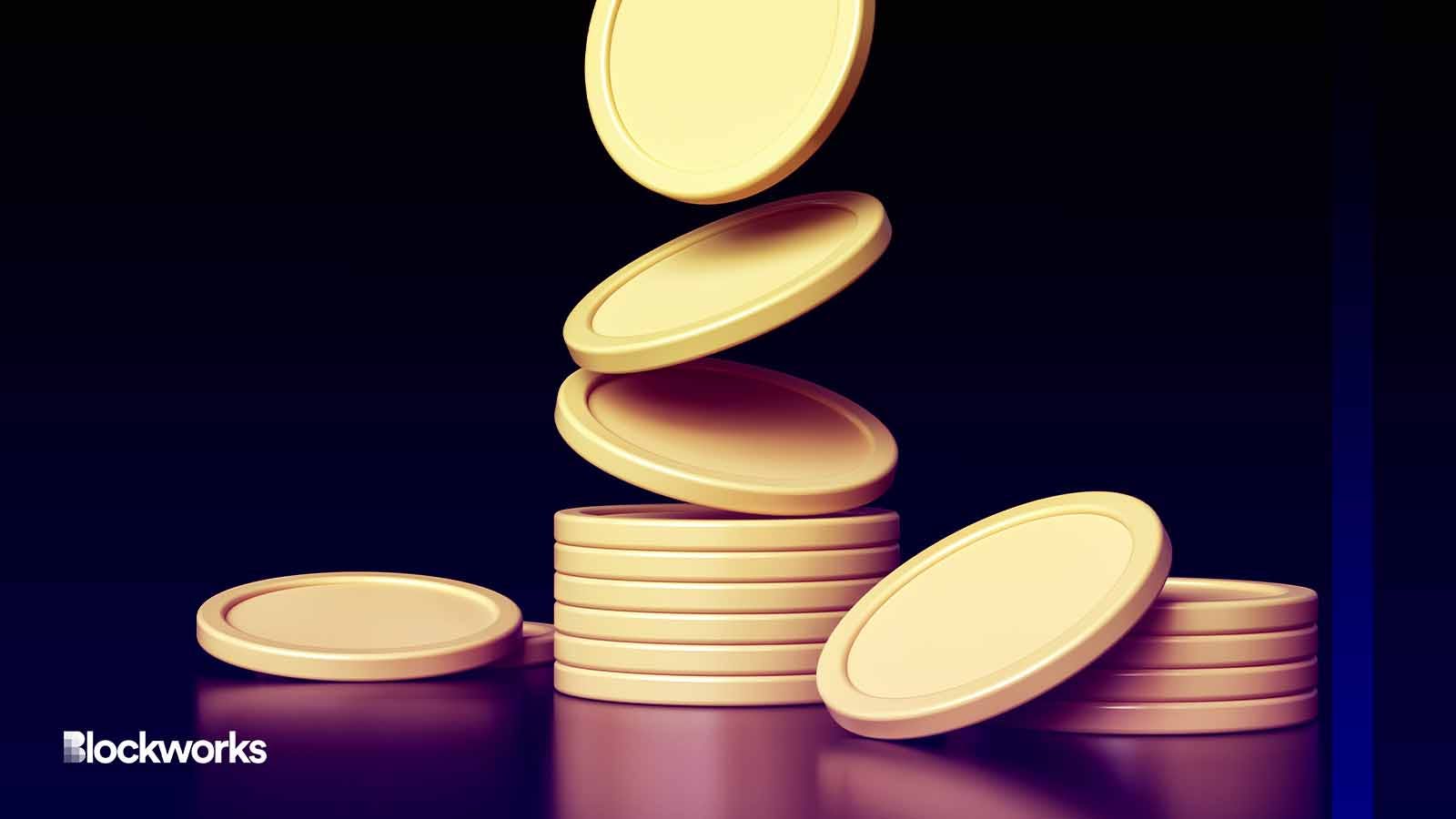Crypto DAOs need to move to a ‘post-token’ model, JokeRace co-founder says
“Everyone everywhere needs to be making decisions. How are we going to enable that in the best way possible?”

dRender/Shutterstock modified by Blockworks
Decisions, decisions.
It’s what DAOs — decentralized autonomous organizations — are all about. Usually involving a token-holder voting process, the decisions can get pretty serious and technical in nature — determining the funding policies of blockchain communities or even the fate of ecosystems, for example.
Even with such weighty potential consequences, it’s tough to get people really engaged with all the technical barriers, expenses and — frankly — boring mechanics of most token-based communities.
Sean McCaffery thinks about decentralized decision-making on a much broader and casual scale. “Everyone everywhere needs to be making decisions. How are we going to enable that in the best way possible?”
With its latest iteration, JokeRace V3 is making it easier — and more fun — for people to make decisions about anything, “with high levels of customizability at almost every layer,” McCaffery, co-founder of JokeRace, tells host Chase Chapman on the On the Other Side podcast (Spotify/Apple).
“I always get very excited about the extent to which you can parameterize and go on any chain that you like,” McCaffery says. “Those are fun technical things. But when it comes down to it, it really is the best way for communities to make, execute and reward decisions.”
Historically, blockchain DAOs have struggled to keep token holders engaged, with low levels of voting participation. McCaffery aims to reduce existing friction by making participation easier.
“Governance is not just a crypto native concept and actually governance can be particularly useful in communities outside of crypto, which I definitely want to get into,” they say.
The key is to move beyond tokens, McCaffery says. With a “post-token” DAO, they explain, “you can decide who you want to submit or vote in your contest, not based solely on tokens anymore. It’s a broader subset.”
“All you need now is a CSV of addresses and the number of votes that those addresses can get, and you can be off to the races.”
McCaffery explains that on-chain governance using Ethereum mainnet is “not feasible whatsoever” due to the high expense of gas fees.
“If an NFT community can have their collection on Ethereum mainnet and then shop around to see what [layer-2] they want to use for governance, we can enable them on any of those chains,” McCaffery says, “and for negligible amounts of gas compared to how much it would cost to do that sort of decision-making on mainnet.”
“Blockchains are really just like universal APIs,” they say. “You can just call that API for whatever data you care about and then enable whoever you want to participate in your contest and engage in your community’s decision making.”
Blockchains as universal computers
Often, DAO decision-making can be pretty dry and serious, but McCaffery says it doesn’t have to be. “We even had a group out in the west of America that was just a hiking group. They were physically decentralized. They were all living in different cities, and they’d put out a contest that was like, ‘hey, where should we go hiking next?’”
“They’re not the highest impact or risk,” McCaffery admits, but “even that, we’re useful for.” The blockchain’s “superpowers” of on-chain execution and participation rewards can be used to make decision-making a fun and engaging experience.
“It’s fun to put things on a universal ledger,” they say. “There is something intangibly cool about doing stuff on the blockchain.”
“When I talk to people about this,” McCaffery says, “one of the first things I always hear is like, ‘oh my gosh, my HOA [Homeowners Association] could use this. It is such a pain in the ass to do voting and all this stuff. It would be amazing to just have something that can spin up and go and you don’t need to set up an Amazon web server or anything.’”
“We’re going into a period of time where blockchains will actually start to be able to be used like the universal computers that they are, whereas before we were heavily constrained by block space and how expensive it was.”
“That’s just a massive paradigm shift and is why I’m excited.”
“Blockchains will become the best way to run anything,” McCaffery says. “There are very real technical advantages to running your infrastructure on something that is publicly audited, available, and secured and by a network that doesn’t have special interests.”
Get the news in your inbox. Explore Blockworks newsletters:
- The Breakdown: Decoding crypto and the markets. Daily.
- 0xResearch: Alpha in your inbox. Think like an analyst.






